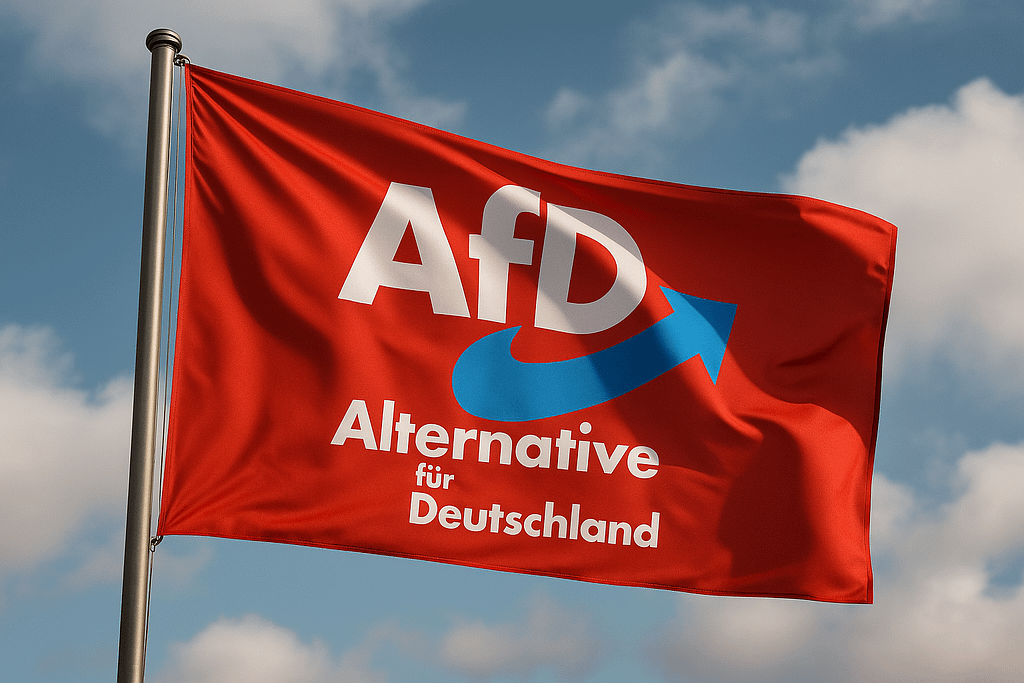In 2025, the world stands at a crossroads. The global balance of power, once anchored by long-standing Western dominance, is undergoing a historic transformation. New alliances, emerging economic blocs, and shifting political ideologies are redrawing the global map. The term “New World Order” is once again echoing in political circles — not as a conspiracy, but as a reality shaped by necessity and ambition.
🌐 The Rise of Multipolar Power
The 21st century is no longer defined by a single superpower. While the United States continues to play a central role, its influence faces unprecedented challenges. China has solidified its position as a global economic giant, asserting control over trade routes, technology, and international finance. Meanwhile, Russia, despite sanctions and economic strain, has repositioned itself through military assertiveness and energy diplomacy.
At the same time, regional powers such as India, Brazil, and Turkey are redefining what “middle power” means. These nations are using soft power, strategic neutrality, and economic partnerships to strengthen their global voice.
🤝 New Strategic Alliances
One of the most notable developments of 2025 is the expansion of BRICS+ — the alliance now includes countries from Africa and the Middle East, creating a coalition that represents more than half of the world’s population. This signals a clear challenge to Western financial dominance led by the IMF and World Bank.
In contrast, the European Union continues to grapple with internal fractures, economic inequality, and debates over its defense autonomy. NATO, though still active, finds itself adapting to new threats — not only military, but digital and ideological.
⚡ The Technology Cold War
Beyond borders, a new kind of conflict has emerged: the Technology Cold War. Artificial intelligence, quantum computing, and cybersecurity have become the new battlegrounds. Nations are racing to secure digital sovereignty, leading to tech nationalism and restricted innovation exchange.
The question now isn’t who has the most soldiers, but who controls the most data. As AI-driven economies rise, the gap between the “data-rich” and “data-poor” nations grows sharper, redefining global inequality.
🌍 Climate and Energy: The New Geopolitics
Climate change has evolved from an environmental concern to a geopolitical weapon. Control over lithium, rare earth minerals, and green technology has become as valuable as oil once was. Countries leading the renewable revolution — such as Norway, China, and Morocco — are now shaping global energy policy.
In contrast, fossil-fuel-dependent economies are racing to diversify or risk collapse. The energy transition is not just ecological — it’s political, determining who thrives and who fades in the next global order.
🕊️ The Human Element
Amid all these transformations, humanity stands both as the cause and the casualty. Migration waves, digital surveillance, and the struggle for freedom of expression continue to test democracies. The voices of youth — from protests in Europe to reform movements in Africa — remind us that global power shifts are meaningless without social justice.
🔮 What Lies Ahead
By the end of 2025, the question will not be who rules the world, but how the world will choose to be ruled. Will nations cooperate toward shared progress, or will they drift into fragmented spheres of influence driven by greed and fear?
The answer will define not just this decade — but the entire century.



